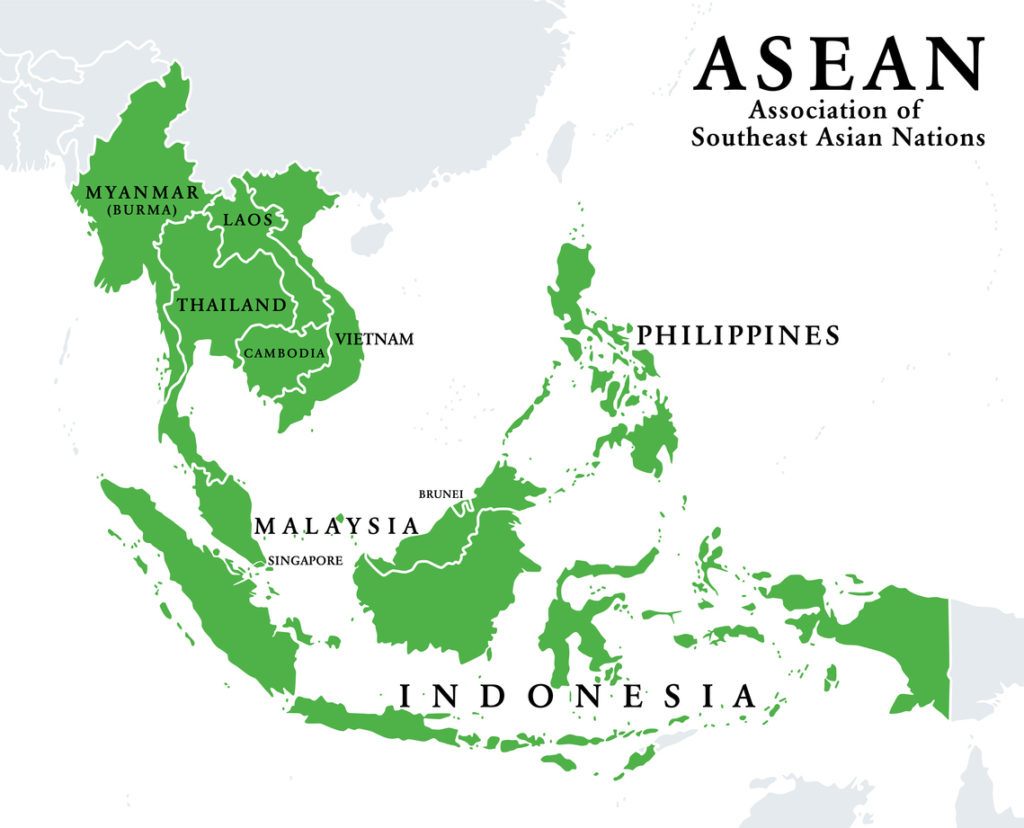
WASHINGTON (BP) – Christian convert Muhammad Kace, serving a 10-year prison term in Indonesia for blasphemy, was convicted of insulting the Prophet Muhammad in hundreds of YouTube videos after his conversion in 2014.
Kace is among at least 67 Christians and others arrested in 2020 under Indonesia’s blasphemy laws in prosecutions that have increased dramatically since Indonesia’s transition to democracy in 1998.
Indonesia is among seven Association of Southeast Asian Nations (ASEAN) that maintain blasphemy laws in violation of international civil and political rights laws, the United States Commission on International Religious Freedom (USCIRF) said in a new report on blasphemy laws among the 10 ASEAN members. The death penalty, imprisonment and monetary fines are among punishments levied.
“Laws against blasphemy are detrimental to religious freedom, which guarantees to all people the right to embrace the full range of thoughts and beliefs, including those that others might deem blasphemous, and the freedom to speak or write about them publicly,” Elizabeth Cassidy, USCIRF director of research and policy, said in an Oct. 21 podcast reviewing the report.
In addition to Indonesia, ASEAN members Brunei, Burma, Malaysia, the Philippines, Singapore and Thailand criminalize blasphemy and use the laws to punish religious speech, USCIRF said in its update. But blasphemy laws are not enforced in all seven nations that maintain such legislation, USCIRF said.
“When we look at where blasphemy is an ongoing and systematic issue, as this report indicates,” USCIRF Policy Analyst Patrick Greenwalt said Oct. 21 in a podcast on the report, “it really is a major factor at first in Indonesia and Malaysia, and to a lesser extent, Burma and Thailand.”
Still, the majority of blasphemy cases occur in Muslim-majority nations including Pakistan, Iran, Saudi Arabia, Egypt, Indonesia, Yemen, Bangladesh and Kuwait, USCIRF has said in previous reports.
Among ASEAN nations, most Indonesian blasphemy cases stand on the Electronic Information and Transaction Law (known as the ITE Law), regulating electronic communication including social media, USCIRF said in its report. Cases cited in the report include that of Cepdika Eka Rismana and his wife, arrested in May for desecrating a Quran and posting it on social media.
In Malaysia, where secular and Sharia laws prohibit blasphemy, ethnic Malays are constitutionally mandated to identify as Muslim, USCIRF said in its report.
In Thailand, the military-dominated government has supported the Knowing Buddha Organization, which promotes the declaration of Buddha as the law of the land, and the strengthening of blasphemy laws.
While Indonesia and Malaysia are strict in their enforcement, Greenwalt said Singapore and the Philippines have not enforced blasphemy laws.
“These laws should be repealed,” Greenwalt said in the podcast, “and they could be with very little, if any effect at all, on their legal system (in Singapore and the Philippines). That’s something the U.S. could point out in its engagement with these countries.”
While Brunei upholds Sharia law, Greenwalt described Brunei as a “special case” because blasphemy laws are not enforced there.
In Indonesia, Kace was first arrested in August, 2021, while in hiding amid backlash over his videos that called the Prophet Muhammad a demonic disciple, the Jubilee Foundation reported. While he faced six years in prison on charges of blasphemy and disinformation under the Criminal Code and the ITE Law, Jubilee said, he was sentenced to 10 years on the recommendation of prosecutors.
Kace converted to Christianity in 2014.
USCIRF’s blasphemy update is available here.
















